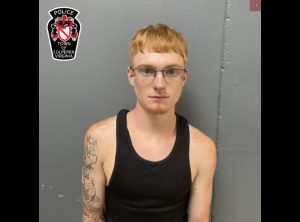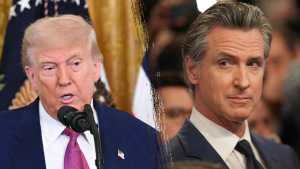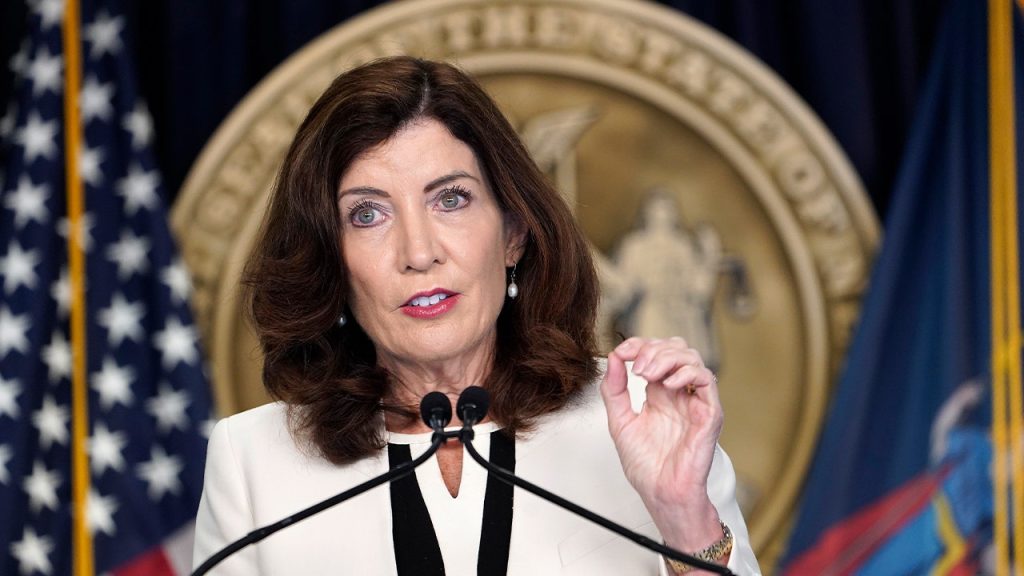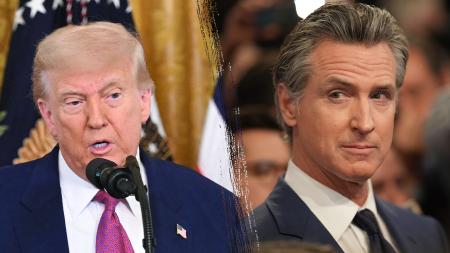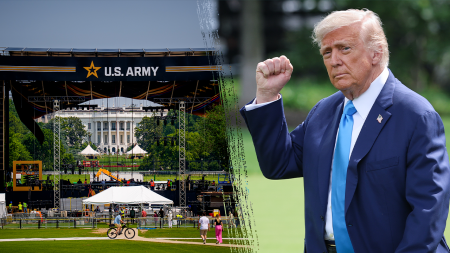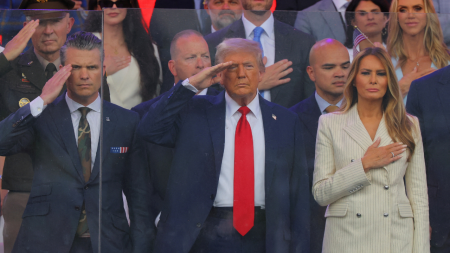New York Governor Kathy Hochul’s proposed expansion of involuntary commitment laws aims to address a perceived link between mental illness and a recent surge in violent crimes, particularly within the New York City subway system. Motivated by several high-profile incidents, including a subway pushing, a slashing attack, and a fatal burning, Hochul argues that untreated mental illness is a driving factor behind these acts of violence. Her proposed legislation seeks to broaden the criteria for involuntary hospitalization, allowing medical professionals to commit individuals deemed a danger to themselves or others, even if the threat isn’t immediately apparent. Additionally, she plans to streamline the process for court-ordered assisted outpatient treatment and encourage voluntary participation in such programs. Hochul emphasizes the duty to protect the public while providing necessary care to those struggling with mental health challenges. She views this legislative action as crucial to enhancing public safety, her stated top priority.
However, the proposal has sparked significant controversy, with civil liberties advocates and mental health experts expressing serious concerns. Critics argue that conflating mental illness with violence perpetuates harmful stereotypes. They point out that individuals with mental health conditions are statistically more likely to be victims of violence than perpetrators. The New York Civil Liberties Union, for example, contends that expanding involuntary commitment will not improve safety but rather divert resources from addressing the root causes of violence while infringing upon individual rights. They argue that focusing on affordable housing, accessible mental health services, and social support systems would be more effective in addressing the underlying issues contributing to both homelessness and mental health crises.
Hochul’s proposal reflects a broader debate on the intersection of mental health, public safety, and individual liberties. While the governor emphasizes the need to protect the public from random acts of violence, critics caution against using mental illness as a scapegoat for complex societal problems. They argue that focusing solely on involuntary commitment risks further stigmatizing and marginalizing individuals with mental health conditions, while failing to address the systemic factors that contribute to both violence and mental health crises. The debate highlights the challenge of balancing public safety concerns with the rights and needs of vulnerable populations.
The specific details of Hochul’s proposed legislation remain unclear. While she has stated the intent to broaden the criteria for involuntary commitment, the precise nature of these changes is yet to be revealed. This lack of clarity fuels concerns about potential overreach and the potential for individuals to be involuntarily hospitalized based on subjective assessments or biases. Similarly, the proposed changes to assisted outpatient treatment raise questions about the balance between encouraging voluntary participation and potentially coercive measures. The details of these changes will be crucial in determining the impact of the legislation on individuals with mental health conditions and their rights.
New York City Mayor Eric Adams, a staunch advocate for expanding mental health care laws, has voiced support for Hochul’s initiative. Adams has long argued for a more proactive approach to addressing mental illness, including allowing hospitals to involuntarily commit individuals unable to meet their basic needs. He views this as a moral imperative, emphasizing the need to provide life-saving care even when individuals are unable to recognize their own need for it due to their mental illness. His support for Hochul’s proposal aligns with his broader push for increased intervention in cases of severe mental illness, even when it involves overriding individual autonomy.
This ongoing debate in New York mirrors national conversations regarding mental health care, criminal justice, and individual rights. As communities grapple with complex issues surrounding homelessness, mental illness, and public safety, the search for effective and equitable solutions continues. Balancing the need to protect the public with the rights and well-being of individuals with mental health conditions remains a significant challenge, demanding careful consideration of competing interests and potential unintended consequences of policy decisions. The outcome of this legislative effort in New York will likely have significant implications for mental health policy and practice across the country.
